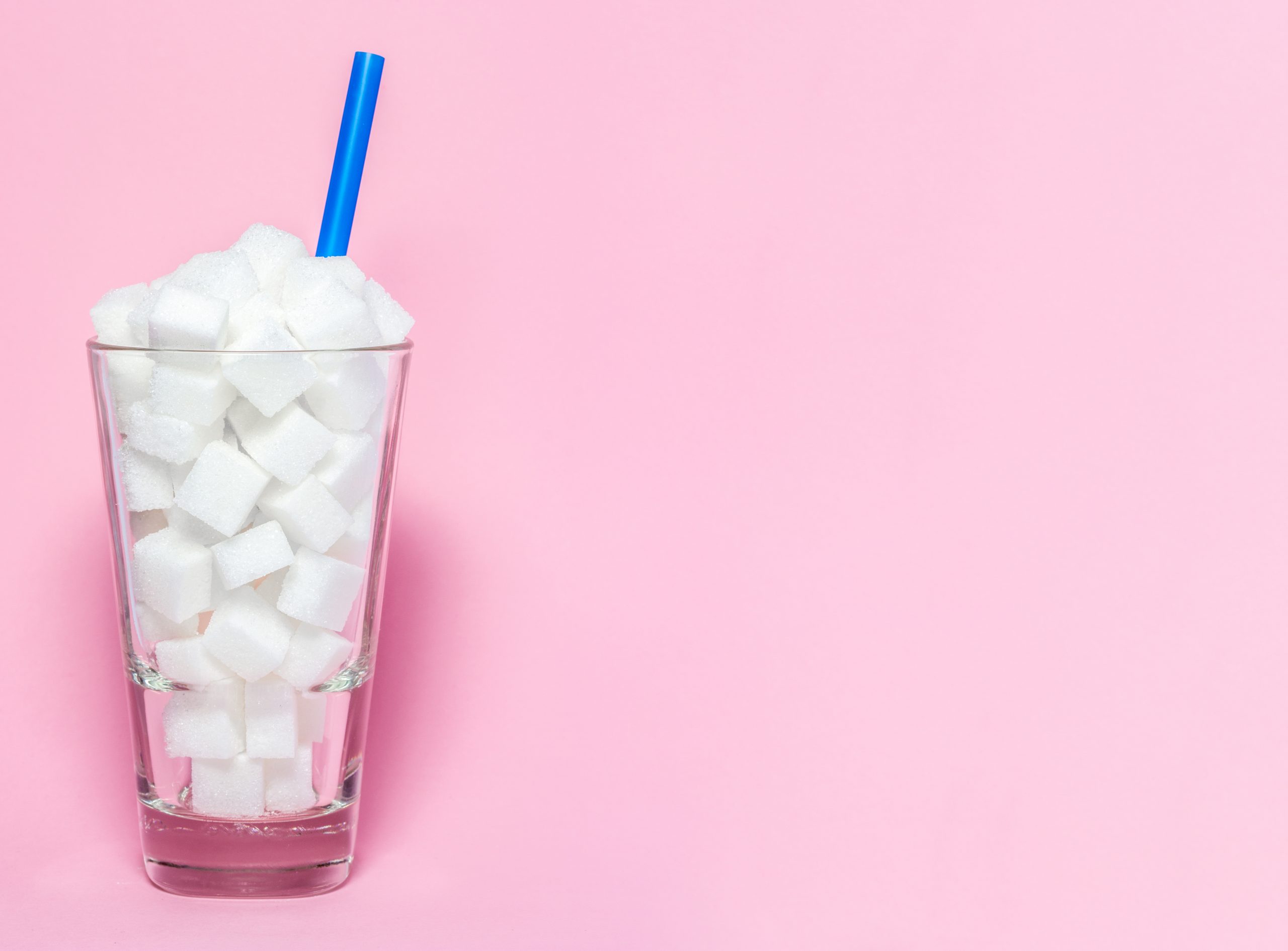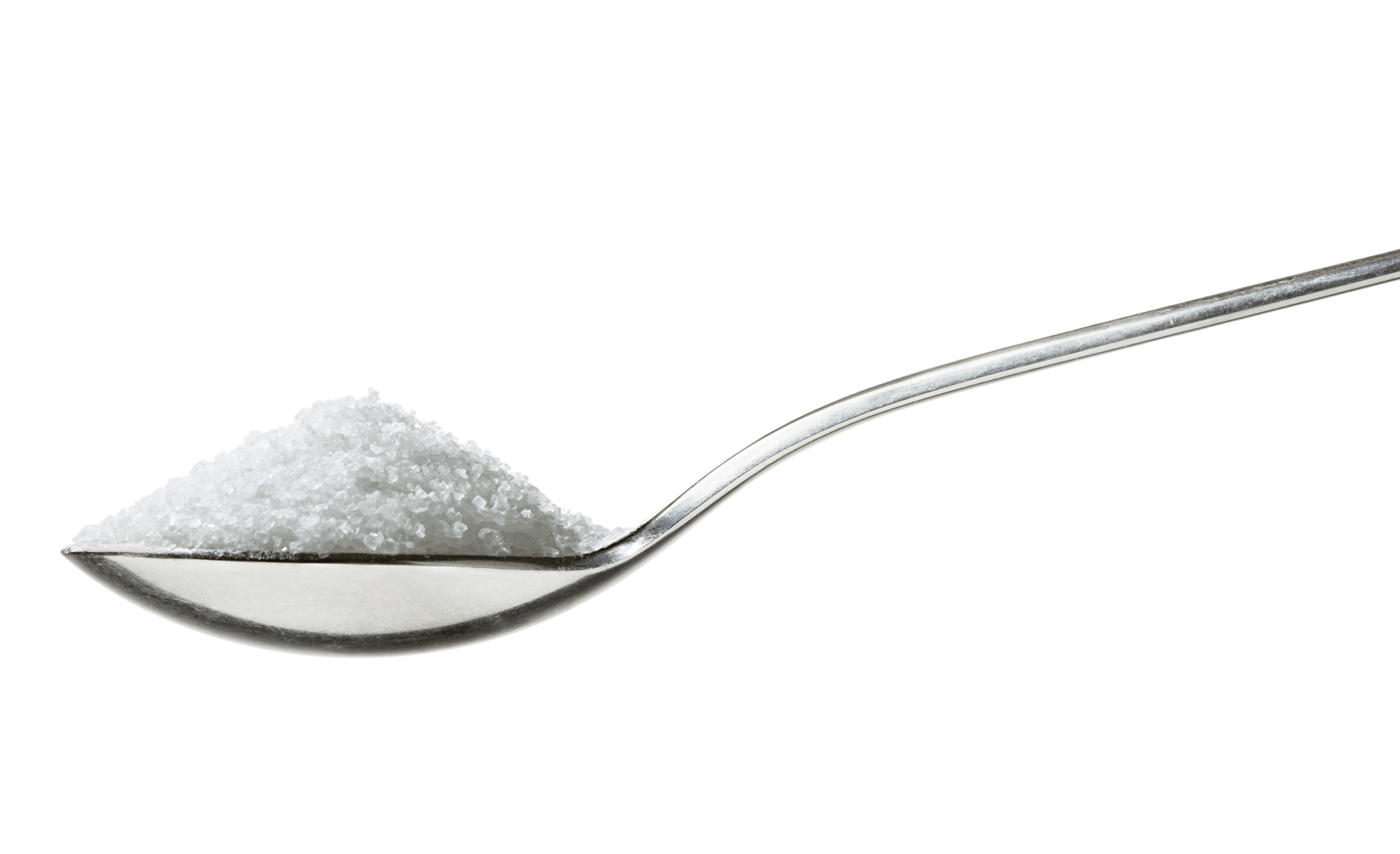Is your ‘healthy’ drink filled with more sugar than four doughnuts?

We all know that we shouldn’t be overdoing it on sugar.
While a slice (or two!) of cake or other sugary indulgence is a treat for our taste buds, too much can affect our health - causing sugar cravings throughout the day and playing havoc with our glucose levels. The sugar in drinks has been a key concern for a while now and last year the UK sugar tax came into place in a bid to encourage companies to drop the amount of sugar in their drinks. But worryingly, even some of the ‘healthy’ drinks we know and love still contain sky-high amounts of sugar.
New research by Vita Coco has found that some contain as much as 10 teaspoons of the white stuff – that’s almost the same amount of sugar in four Original Glazed Krispy Kreme doughnuts. Shocked? Us too.
A 500ml bottle of Lucozade Sport Orange Still contains 18g of sugar whilst a Naked Green Machine Smoothie 360ml packs in 39.6g of sugar. Whilst the sugars in the smoothie are naturally occurring sugars from juice, according to the British Heart Foundation, these sugars become free or ‘added sugars’ when blended.
Currently NHS guidelines advise that added sugars shouldn’t make up more than 5 per cent of our daily calorie intake. This is around 30g (7.5 teaspoons) of sugar per day however many health drinks contain the same amount, in some cases more than this recommended daily amount.
Of course, added sugar doesn’t include the natural sugars found in whole fruit and dairy. A 150ml bottle of Tropicana Whole Fruit Orange Juice contains 12.3g of sugar whilst a 330ml can of Innocent Bubbles Apple & Berry contains a staggering 20.1g of the sweet stuff.

Dr Dan Bunstone, Chief Medical Officer at Push Doctor says that often we don’t recognise drinks as food ‘so it’s easy to misjudge the amount of sugar we are consuming and not recognise how many calories they add to our diet’.
Sign up to our free daily email for the latest royal and entertainment news, interesting opinion, expert advice on styling and beauty trends, and no-nonsense guides to the health and wellness questions you want answered.
He adds: ‘There is very little nutritional benefit from refined sugar so your body will simply convert it to fat.’
The NHS say that this potential weight gain can increase the risk of health problems such as heart disease, some cancers and type 2 diabetes. Dr Bunstone adds: ‘It’s important that people are able to understand how much sugar is in a product, in a clear and accessible way, rather than being given information ‘per serving’. This way people are able to make healthier lifestyle choices.’
Lucy Gornall is the former Health & Fitness editor at Future and a personal trainer specializing in pre and post-natal exercise.